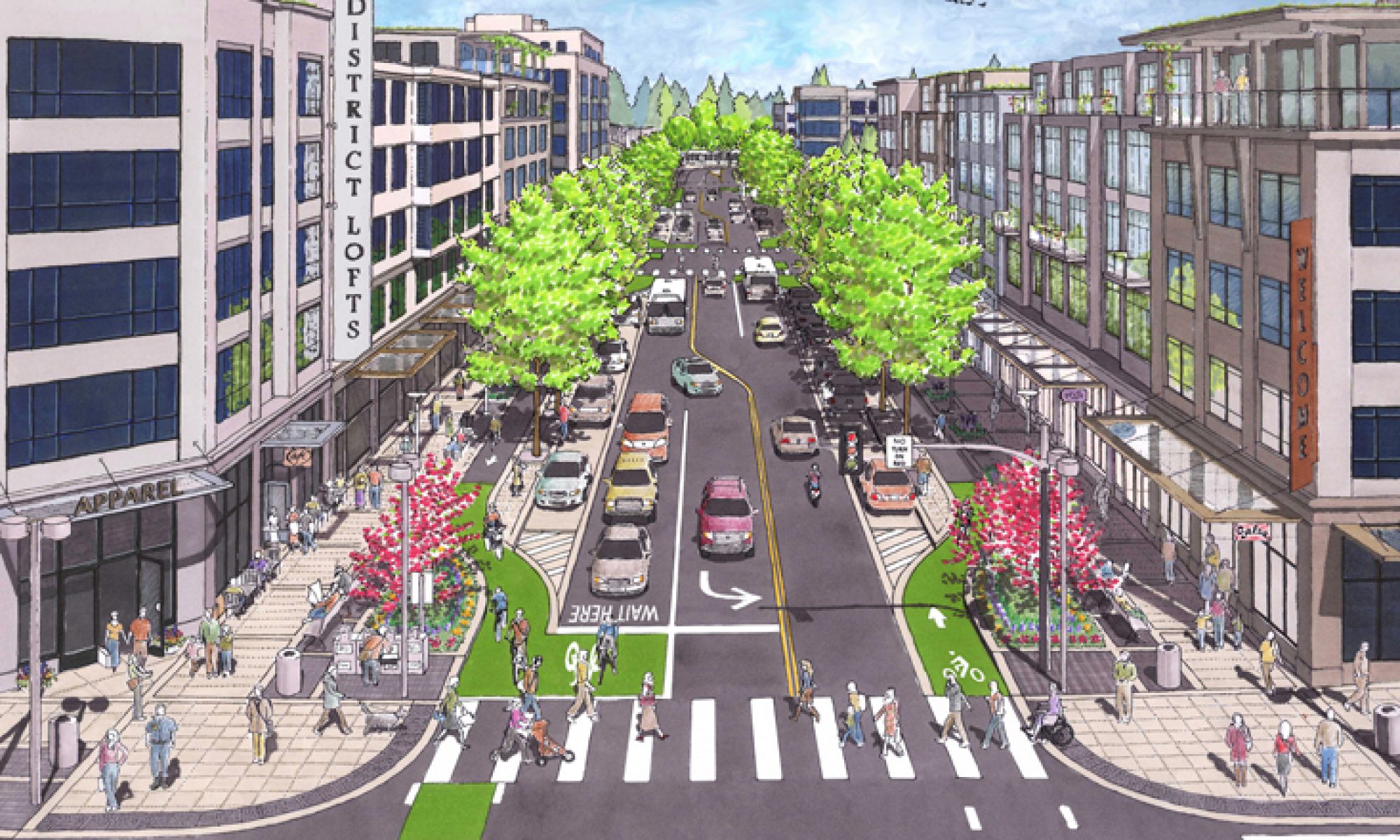Take a look at these photos of the astonishing improvements in air quality in cities all over the world. But what will happen when the COVID-19 pandemic is over? Some politicians are trumpeting that the goal is to “get back to normal”. But not if normal means that people are dying due to poor air quality. The EPA just declined to change air quality standards despite health risks, so when companies are back in production and and cars again choke our roads, is “normal” the goal we want to strive for? Automotive traffic is responsible for most air pollution. After the pandemic will cities have the will to make changes to provide for alternative transportation, improved transit, wider sidewalks for pedestrians, and infrastructure for micro-mobility?
 ‘It’s positively alpine!’: Disbelief in big cities as air pollution falls
‘It’s positively alpine!’: Disbelief in big cities as air pollution falls
It is the absence of cars on some of the world’s most congested roads that seems to be making the most crucial differences.
BUT-
Indeed, the fear among environmentalists and residents is that, rather than attempting to maintain the low levels of pollution in the world’s biggest capitals, when industry and cars kick back into action post-lockdown, the situation will go back to square one, and perhaps even worsen, as people and industry attempt to make up for the lost months.
While India’s powerful car lobby has long disputed that cars are a major cause of Delhi’s pollution, Sunita Narain, director of the Centre for Science and Environment, said the lockdown and resulting rapid drop in pollution showed once and for all just what a polluting role vehicles had in the city.
Read it:




